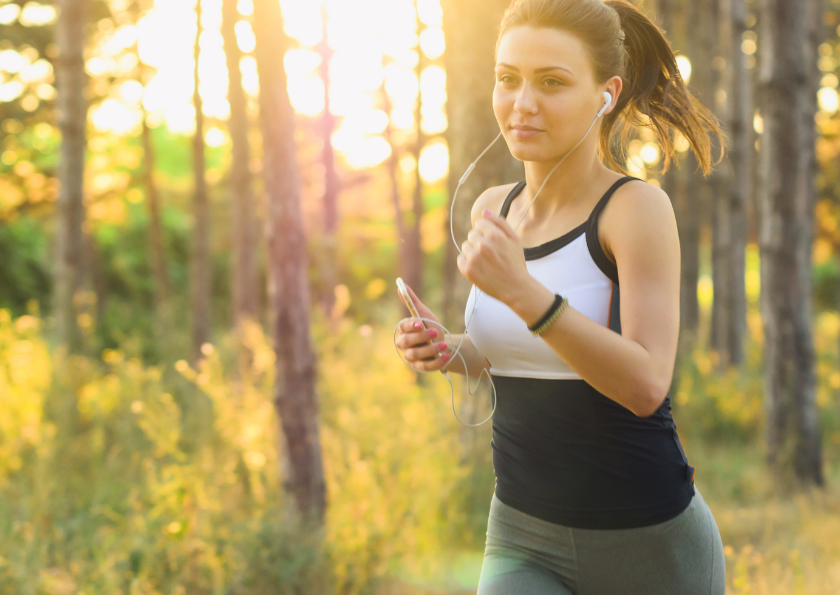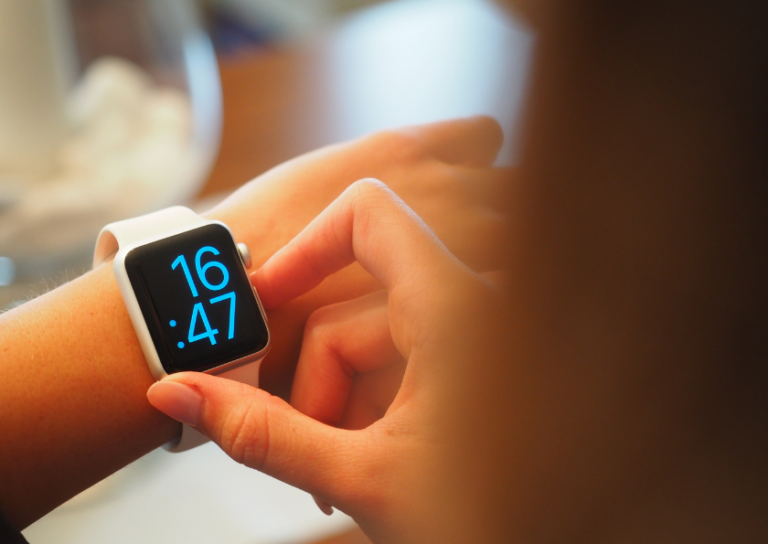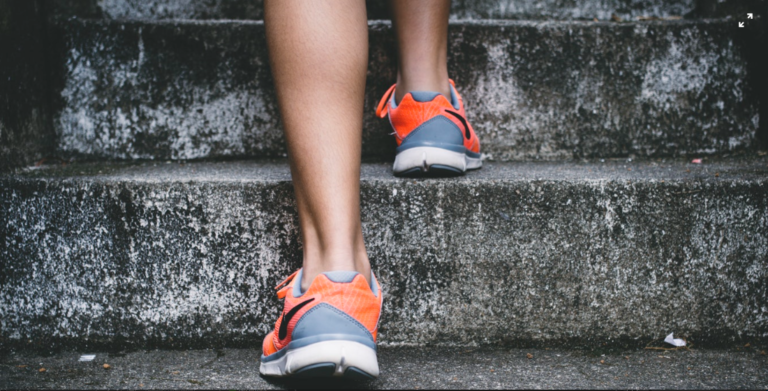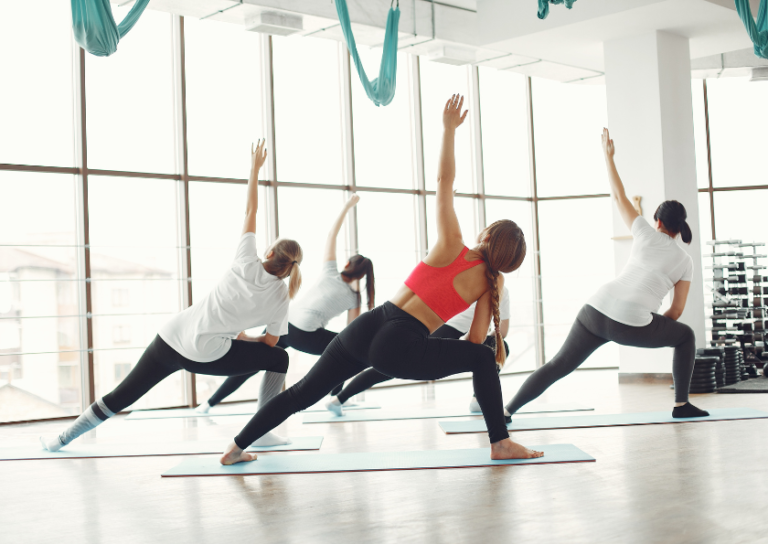We need to change the way we view physical activity in the UK in order not to see it as something we ‘have to do’ or ‘should do’. But as something that we do because we personally value its positive benefits to our wellbeing.
Being active doesn’t have to mean doing sport or going to the gym. There are lots of ways to be active; find the one that works for you and let’s all get physical!
What impact does physical activity have on wellbeing and mental health?
Physical activity has a huge potential to enhance our wellbeing. Even a short burst of 10 minutes’ brisk walking increases our mental alertness, energy and positive mood.
Participation in regular physical activity can increase our self-esteem and can reduce stress and anxiety. It also plays a role in preventing the development of mental health problems. And in improving the quality of life of people experiencing mental health problems.
Impact on our mood
A study asked people to rate their mood immediately after periods of physical activity (e.g. going for a walk or doing housework), and periods of inactivity (e.g. reading a book or watching television). Researchers found that the participants felt more content, more awake and calmer after being physically active.
Overall, research has found that low-intensity aerobic exercise for 30 minutes, 3–5 days a week, was best at increasing positive moods (e.g. enthusiasm, alertness).
Impact on our stress
The most common physical signs of stress include sleeping problems, sweating, and loss of appetite. Symptoms like these are triggered by a rush of stress hormones in our body – otherwise known as the ‘fight or flight’ response.
Physical exercise can be very effective in relieving stress. Research on employed adults has found that highly active individuals tend to have lower stress rates compared to individuals who are less active.
Impact on our self-esteem
Self-esteem is how we feel about ourselves and how we perceive our self-worth. Physical activity has been shown to have a positive influence on our self-esteem. This relationship has been found in children, adolescents, young adults, adults and older people, and across both males and females.
Impact on depression and anxiety
Physical activity can be an alternative treatment for depression. It can reduce levels of anxiety in people with mild symptoms and may also be helpful for treating clinical anxiety. Physical activity is available to all, has few costs attached, and is an empowering approach that can support self-management.
For more details about how you can prevent or manage mental health problems vist: www.mentalhealth.org.uk.
Where do I start?
Once you have decided that you want to be more physically active, there are a few points worth thinking about.
Ask yourself whether you’d prefer being indoors or out, doing a group or individual activity, or trying a new sport. If you’re put off by sporty exercises, think outside the box and remember that going on a walk, doing housework, and gardening are all physical activities.
Overcoming barriers
Some common barriers, such as cost, injury or illness, lack of energy, fear of failure, or even the weather can hinder people from getting started; however, practical and emotional support from friends, family and experts really does help.
Exercising with a companion can also help to reduce anxiety, and may be particularly helpful during the first few exercise sessions.
Make time
What time do you have available for exercise? You may need to rejig commitments to make room for extra activities, or choose something that fits into your busy schedule.
Right for you
What kind of activity would suit you best? Think about what parts of your body you want to exercise and whether you’d prefer to be active at home or whether you fancy a change of scenery and would prefer to exercise in a different environment, indoors or outdoors.
Start slowly
If physical activity is new to you, it’s best to build up your ability gradually. Focus on task goals, such as improving sport skills or stamina, rather than competition. Keep a record of your activity and review it to provide feedback on your progress. There are many apps and social networks accessible for free to help.
At home
There are lots of activities you can do without leaving your front door and that involve minimal cost. It can be as simple as pushing the mower with extra vigour, speeding up the housework, or joining our online membership





